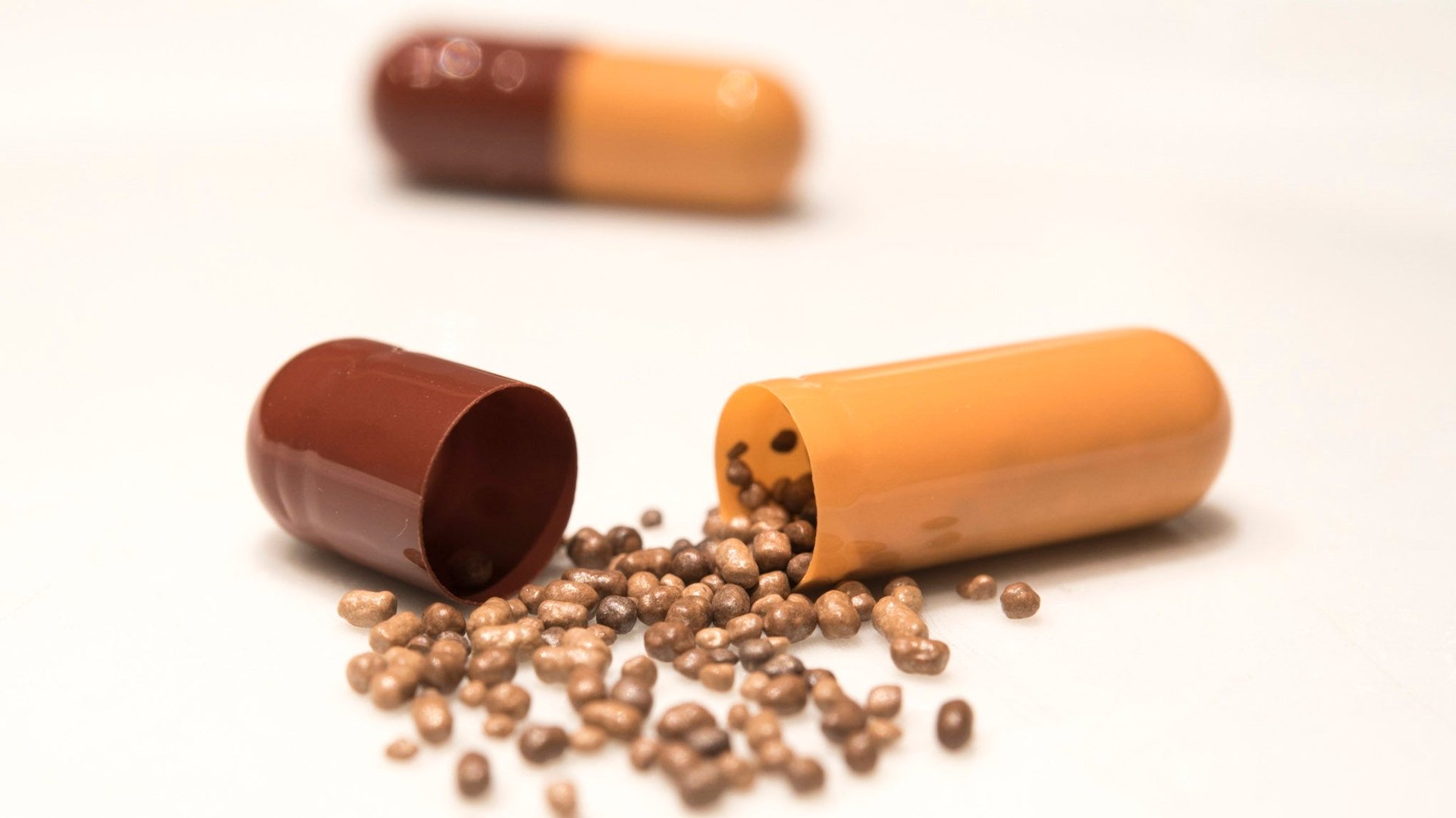Why the placebo effect is getting stronger
The placebo effect is strange—and it’s getting stranger. A sugar pill—if not revealed to the patient—can sometimes heal. Over the past two decades, a lot of clinical trials are showing that the sugar pill’s effects are getting stronger.


The placebo effect is strange—and it’s getting stranger. A sugar pill—if not revealed to the patient—can sometimes heal. Over the past two decades, a lot of clinical trials are showing that the sugar pill’s effects are getting stronger.
In a new study, published in the journal Pain, researchers found that in 1996 drugs relieved pain 27% more than a placebo. But in 2013 that gap had fallen to only 9%.
“It’s not that drugs are getting weaker,” George Lewith, professor of health research at the University of Southampton, told Quartz, “It’s that we are finally learning that most pain drugs don’t work.”
Stranger still, the effect has been only observed in the US. And this is one reason why pharmaceutical companies are having trouble getting new painkillers through trials. In the past decade, some 90% of potential drugs for treating neuropathic and cancer pain have failed to clear the hurdle.
The goal of randomized clinical trials is to find the true effectiveness of a drug. The hope is that, if everything is the same except that a group gets a real drug and another a placebo, comparing the results from the two groups should eliminate any biases.
The drugs don’t work
We still don’t know why placebos work. But the medical community’s fascination with the mystery has yielded some theories.
One is that a placebo doesn’t change a person’s underlying biology related to the condition. Instead, it affects how the person experiences or reacts to an illness.
“In some settings, placebos can trigger the brain’s reward system,” Jeremy Howick of the University of Oxford, who is working on ways to maximize the placebo effect, told Quartz. “It releases chemicals that changes how people feel.”
Another theory, from Nicholas Humphreys, a retired psychologist formerly at the London School of Economics, is that placebos are just a way of triggering the immune system. From a biological perspective, immune systems are a huge expense and may drain an animal’s energy reserve. So perhaps placebos act as a signal to get the immune system going.
But none of those theories explain why the placebo effect is getting stronger.
One explanation is advertising. The US and New Zealand are the only two countries where direct-to-consumer advertising of drugs is legal. The fact that more people are believing that pills work, means the stronger the placebo effect.
Regulations can be good
Lewith has another explanation. He thinks the answer to the conundrum lies in how clinical trials are being designed and conducted. Trial regulations have become more stringent, and perhaps for the better.
Those who conduct the trials now have to spend longer with the volunteers to get their consent. Researchers have to explain the process in more detail and field more questions. They are also now ethically required to explain the placebo effect.
“This kind of intervention changes people’s belief,” Lewith said. “Once people know that placebos can have an effect, they are more likely to accept that they might be getting better with a placebo.”
Also, regulations have forced researchers to achieve higher completion rates on trials. So those who conduct the trials have to be nicer to the volunteers to keep them coming back for all parts of the trial.
Trials have also become larger and last longer now than only a few decades ago. Thus, in the US, they are often carried out by contract organizations instead of hospitals or academic sites. In such cases, the nurses have no other job but to look after trial volunteers and the experience is very different from that in the hubbub of a hospital.
“By being more polite and kinder, those conducting the trial enhance their therapeutic relationship with the volunteers,” Lewith said. “And in such cases the placebo effect could be explained as a legitimate psychological intervention.”
This idea isn’t as crazy as you’d think. A study published in the Journal of Affective Medicine showed that the placebo effect was twice as strong in clinical trials of antidepressants in 2005 when compared to those in 1985. And a similar trend has been spotted in anti-psychotics.
All of the three conditions—pain, depression, and psychosis—have big psychological components to them, so measuring the outcomes of simple interventions—be it drugs or placebos—is fraught with problems. So psychological interventions, such as the things that have changed in how trials are run, could be enhancing the placebo effect.
Lewith’s conclusion that perhaps pain drugs—new and old—just don’t work as advertised is a troubling one for the pharmaceutical industry. But there may be an upside.
If through this process we are finally learning better ways to exploit the placebo effect, then perhaps we can find ways of incorporating those lessons in clinical practice. Even doctors agree that it’s best to avoid drugs when we can.